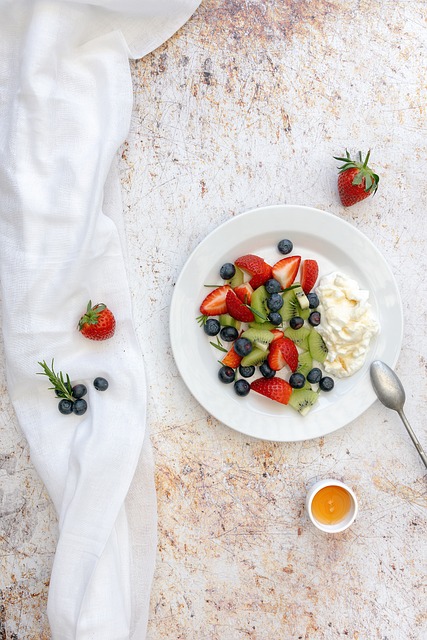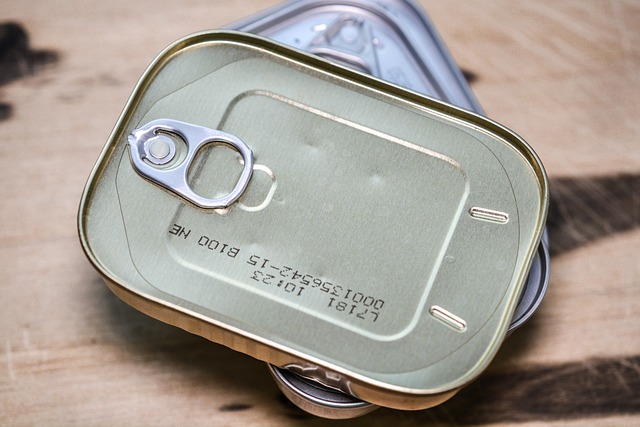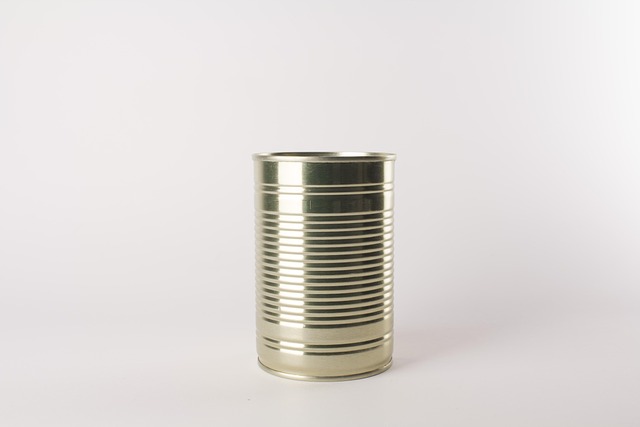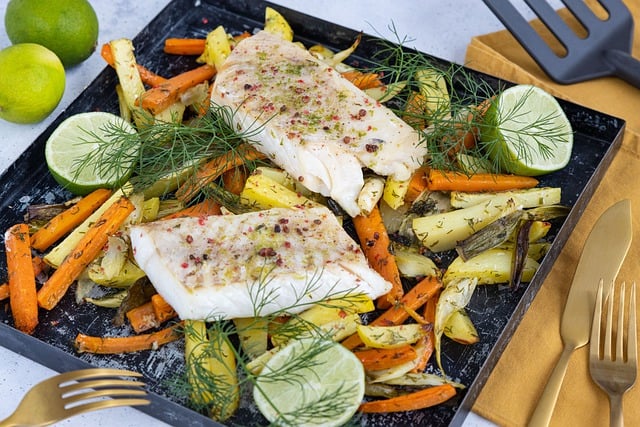Explore the curious world of culinary preservation with our in-depth article on canned quail eggs in water. This niche yet fascinating topic, a part of the weird canned food phenomenon, delves into the journey from farm to can, offering insights into the preservation process that ensures these tiny treasures maintain their quality and taste. We’ll uncover the nutritional benefits that make canned quail eggs a valuable addition to any diet, and explore their versatile culinary applications. Join us as we peel back the layers of this unique food experience, revealing why canned quail eggs are more than just a novelty in your pantry.
- Unveiling the Enigma of Canned Quail Eggs: A Deep Dive into Weird Canned Food Phenomena
- The Journey from Farm to Can: How Quail Eggs Are Preserved in Water
- Nutritional Profiles and Benefits: What Canned Quail Eggs in Water Offer
- Culinary Versatility: Incorporating Canned Quail Eggs into Your Meal Planning
Unveiling the Enigma of Canned Quail Eggs: A Deep Dive into Weird Canned Food Phenomena
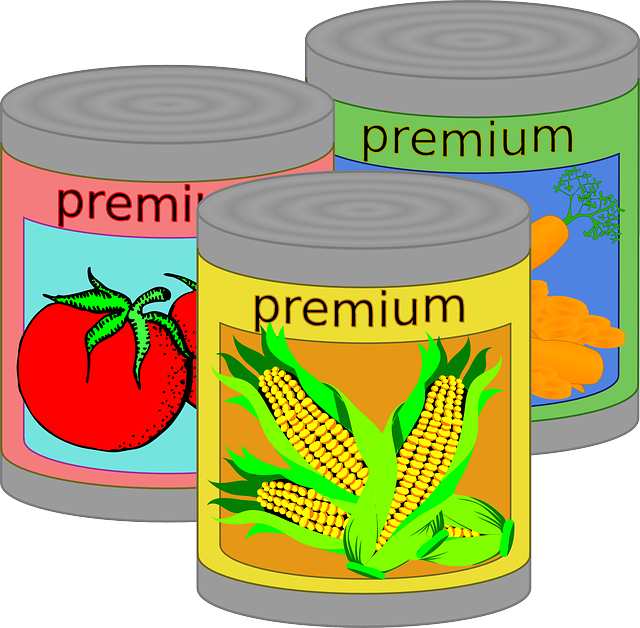
Canned quail eggs present an intriguing entry into the world of preserved foods, a realm that has long fascinated and puzzled consumers. These diminutive eggs, carefully packed in water, offer a glimpse into the curious history of canned food products. The practice of canning extends back centuries, with the advent of this preservation method marking a significant leap forward in food conservation and availability. Today, the sight of canned quail eggs on a grocery shelf might seem to some as an oddity among the myriad of pantry staples. Yet, this ‘weird canned food’ phenomenon is deeply rooted in practicality and innovation, reflecting humanity’s enduring quest to preserve sustenance against the march of time and spoilage.
The process of canning quail eggs involves meticulous attention to detail, from selecting the freshest eggs to ensuring sterile conditions within the can before sealing. The result is a product that maintains the integrity and taste of fresh quail eggs, suspended indefinitely in their watery cocoon. This method not only extends the shelf life of these eggs but also makes them accessible year-round, regardless of seasonal availability. For culinary enthusiasts and those intrigued by ‘weird canned food,’ canned quail eggs offer a unique textural and flavor experience when incorporated into a variety of dishes, from savory appetizers to novel breakfast creations. The appeal of such canned delicacies lies in their ability to surprise and delight the palate, challenging our preconceived notions of what preserved foods can be.
The Journey from Farm to Can: How Quail Eggs Are Preserved in Water
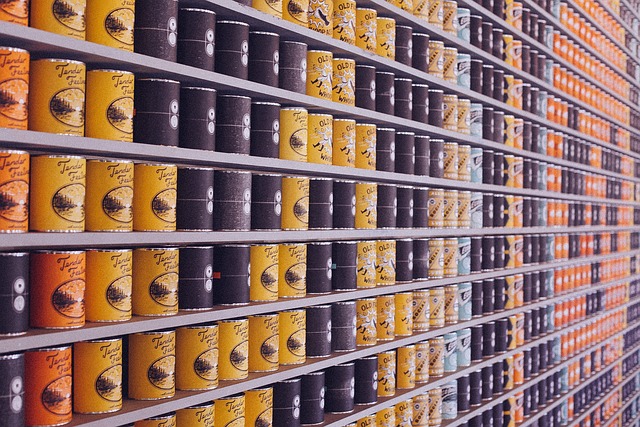
Quail eggs, with their miniature stature and nutrient-dense profile, have garnered attention in various culinary circles, including those intrigued by the novelty of “weird canned food.” The journey from farm to can is a meticulous process that ensures these delicate eggs retain their freshness and flavor for extended periods. The process begins on the quail egg farms, where hens are carefully nurtured in controlled environments to produce consistent batches of eggs. Once laid, the eggs undergo rigorous quality checks before being gently placed into sterilized cans. This is a crucial step as it prevents any potential contaminants from compromising the product.
After the eggs are canned, they are submerged in water, which serves as both a preservative and a carrier for the eggs during the canning process. The water acts as a barrier against air and moisture, two elements that could spoil the eggs. This method of preservation is particularly effective for quail eggs due to their small size; they are fully immersed in the can, reducing the risk of dehydration or spoilage. The cans are then sealed under high pressure, eliminating any air pockets and ensuring a sterile environment. The heat from the canning process, along with the water, helps to destroy any microorganisms, making the eggs safe for consumption even after a shelf life that can extend up to several years. This innovative preservation technique is a testament to the ingenuity behind canning technology and its role in making high-quality, nutrient-rich foods like quail eggs accessible to consumers worldwide, adding an intriguing option to the ever-expanding realm of “weird canned food.”
Nutritional Profiles and Benefits: What Canned Quail Eggs in Water Offer
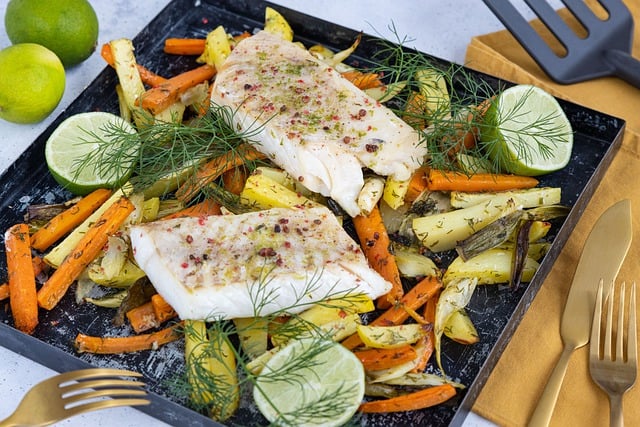
Canned quail eggs in water present a fascinating addition to the world of convenient, nutrient-dense foods. These tiny eggs are packed with essential nutrients that can contribute positively to one’s diet. Each quail egg contains approximately 16 kcal and offers a significant amount of protein relative to its size. Protein is fundamental for muscle repair, immune system support, and the growth and development of bodily tissues. The yolk alone provides a substantial dose of vitamins A, D, E, and K, as well as omega-3 fatty acids, which are beneficial for cardiovascular health. The water in which the eggs are canned is not just a preservative; it also hydrates the consumer, contributing to overall hydration levels, which is essential for maintaining cellular functions and metabolism. Canned quail eggs stand out among ‘weird canned food’ options due to their unique combination of low calorie content, high nutritional value, and ease of access. Including canned quail eggs in one’s diet can be a simple yet effective way to enhance nutrition, especially for individuals seeking a protein-rich, portable snack that aligns with the less conventional canned food selections.
Culinary Versatility: Incorporating Canned Quail Eggs into Your Meal Planning

Canned quail eggs offer an intriguing addition to the modern pantry, bringing a touch of the ‘weird canned food’ category into mainstream culinary exploration. These miniature orbs are not just a novelty; they are a versatile ingredient that can elevate various dishes with their rich flavor and unique texture. Their convenience eliminates the need for boiling water or peeling shells, making them an ideal component for quick meal planning. Chefs and home cooks alike can incorporate canned quail eggs into a myriad of cuisines, from a simple breakfast scramble to a gourmet salad dressing. For instance, they can be added whole to rice or noodle dishes for a protein-packed twist, or chopped finely as a topping for pizzas and pastas, infusing them with an unexpected yet delightful flavor. The culinary possibilities are endless, from using them as a substitution for chicken eggs in recipes to creating unique egg salad variations or even garnishing soups and stews for an extra layer of richness. The ease of use and the ability to maintain quality without refrigeration make canned quail eggs a practical option for those looking to expand their culinary repertoire with something outside the conventional ‘weird canned food’ offerings.
Furthermore, canned quail eggs are a sustainable choice, providing a guilt-free indulgence for those curious about incorporating exotic ingredients into everyday meal planning. Their small size means that they require less liquid and resources to produce compared to chicken eggs, making them an eco-friendly option without compromising on taste or satisfaction. This aspect of sustainability, combined with their long shelf life, makes them a pantry staple for the environmentally conscious consumer. The culinary versatility of canned quail eggs is not limited by the constraints of preparation time or seasonality; they are ready to use whenever inspiration strikes, allowing for creative and diverse meal planning all year round. Whether looking to experiment with global flavors or seeking a reliable protein source for quick and nutritious meals, canned quail eggs stand out as an underrated and resourceful ingredient in the realm of ‘weird canned food’ that deserves more culinary exploration.

